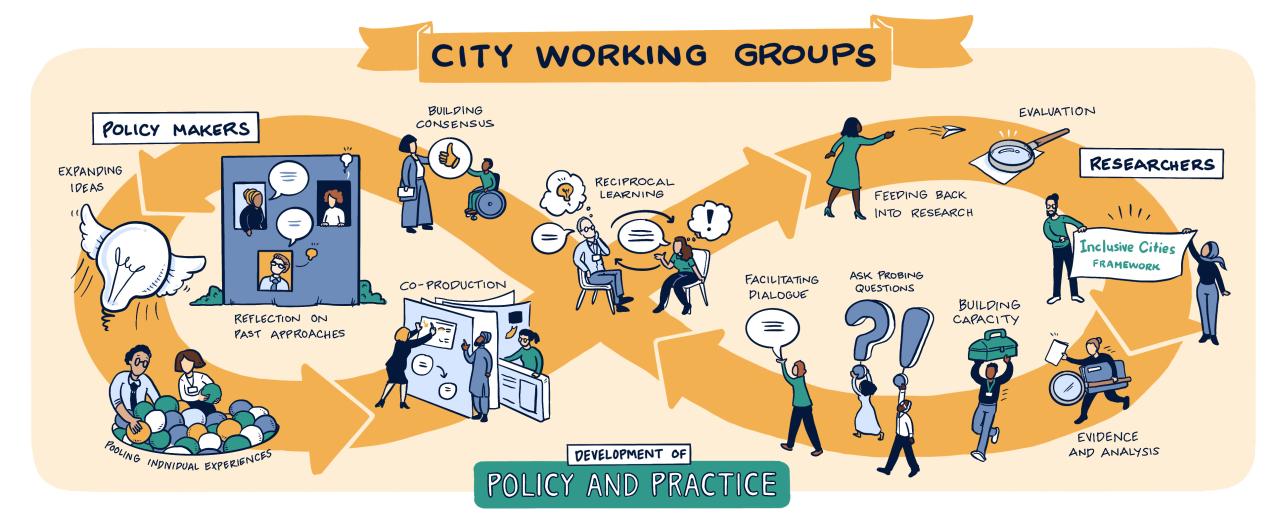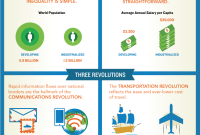In an increasingly interconnected world, immigration has become an integral part of many societies. Newcomers seeking better opportunities often face a myriad of challenges as they navigate unfamiliar surroundings and adapt to new cultures. Fortunately, immigration and social services stand as beacons of support, providing a helping hand to newcomers as they embark on their journeys in their new homelands.
Social services play a pivotal role in easing the transition for newcomers, offering essential assistance in various aspects of their lives. From language classes to job training, housing assistance to healthcare, these services empower newcomers to overcome barriers, integrate into their new communities, and thrive in their adopted countries.
Introduction
Immigration refers to the movement of people across national borders, while social services encompass a range of programs and initiatives designed to assist individuals and families in meeting their basic needs and improving their well-being.
For newcomers to a country, social services play a vital role in their successful integration and adjustment. These services provide essential support in various areas, such as housing, employment, education, healthcare, and language acquisition.
Importance of Social Services for Newcomers
- Access to Basic Necessities: Social services ensure that newcomers have access to basic necessities such as food, shelter, and healthcare, which are crucial for their survival and well-being.
- Employment Support: Programs like job training, resume writing, and interview preparation help newcomers overcome barriers to employment and secure sustainable livelihoods.
- Educational Opportunities: Social services provide access to language classes, educational programs, and tutoring, enabling newcomers to improve their language skills and pursue further education.
- Community Integration: Social services facilitate connections between newcomers and the local community, fostering a sense of belonging and reducing feelings of isolation.
According to the United Nations, an estimated 281 million people worldwide are international migrants. A significant proportion of these individuals rely on social services to navigate the challenges of resettlement and build a new life in their host countries.
Types of Social Services for Newcomers
Social services are an essential part of helping newcomers settle into their new country. They can provide a range of support, from language classes to job training to housing assistance. These services can help newcomers overcome the challenges they face and build a successful life in their new home.
There are many different types of social services available to newcomers. The following table provides a brief overview of some of the most common services:
| Service Name | Description | Eligibility Criteria | Contact Information |
|---|---|---|---|
| Language classes | These classes help newcomers learn the local language. | Newcomers who are not fluent in the local language. | [Contact information for language classes] |
| Job training | These programs help newcomers develop the skills they need to find a job. | Newcomers who are unemployed or underemployed. | [Contact information for job training programs] |
| Housing assistance | These programs help newcomers find affordable housing. | Newcomers who are homeless or at risk of homelessness. | [Contact information for housing assistance programs] |
| Healthcare | These programs provide newcomers with access to healthcare services. | Newcomers who are not eligible for public health insurance. | [Contact information for healthcare programs] |
Challenges Faced by Newcomers in Accessing Social Services
Integrating into a new country presents various obstacles, and accessing social services can be particularly challenging for newcomers. Barriers such as language differences, cultural disparities, and limited knowledge of available resources can hinder their ability to navigate the system and receive the support they need.
Language Barriers
Language proficiency is crucial for accessing information and communicating with service providers. Newcomers with limited language skills may struggle to understand eligibility criteria, complete forms, or advocate for their needs. This can lead to misunderstandings, frustration, and missed opportunities for assistance.
Cultural Differences
Cultural differences can also impact access to social services. Newcomers may have different expectations about the role of government agencies or the types of support available. They may also face stigma or discrimination due to their cultural background, which can discourage them from seeking help.
Lack of Awareness
Many newcomers are unaware of the social services available to them. This lack of knowledge can be attributed to limited outreach efforts, language barriers, or cultural factors. As a result, they may miss out on vital support that could improve their well-being and integration into the new society.
Best Practices for Providing Social Services to Newcomers

Providing culturally competent services is crucial to ensure that newcomers feel welcome, understood, and respected. This involves understanding and respecting their cultural values, beliefs, and practices, as well as providing services in their preferred language.Here are some best practices for working with newcomers:
Using Interpreters
Interpreters facilitate communication between service providers and newcomers who do not share a common language. They ensure that information is accurately conveyed and that newcomers can fully participate in their service provision.
Providing Culturally Appropriate Materials
Providing culturally appropriate materials, such as translated brochures and pamphlets, can help newcomers understand the services available to them and navigate the system more easily.
Building Relationships with Community Organizations
Collaborating with community organizations that serve newcomers can help service providers gain a better understanding of the needs of the community and develop culturally sensitive programs and services.
The Role of Technology in Supporting Newcomers
Technology has become an indispensable tool in improving access to social services for newcomers. By leveraging digital platforms and innovative applications, newcomers can now navigate the complex landscape of social services more easily and efficiently.
Innovative Programs and Apps
Numerous organizations and government agencies have developed innovative programs and apps to assist newcomers. These include:
- Immigrant Services Society of BC’s (ISSBC) WelcomeBC app: Provides newcomers with information on housing, healthcare, education, and other essential services.
- Toronto Region Immigrant Employment Council’s (TRIEC) Job Match app: Connects newcomers with potential employers and offers job search assistance.
- LanguageLine’s LanguageLine Now app: Offers real-time translation services to facilitate communication between newcomers and service providers.
Conclusion
In conclusion, social services play a vital role in supporting newcomers as they navigate their new lives in a foreign country. By providing a range of services, from language classes to employment assistance, social services help newcomers overcome the challenges they face and integrate into their new communities.
However, there is still room for improvement in the delivery of these services.
To enhance the effectiveness of social services for newcomers, it is recommended that governments and service providers:
- Increase funding for social services programs to ensure that all newcomers have access to the support they need.
- Develop culturally sensitive and tailored services that meet the specific needs of different newcomer groups.
- Invest in outreach programs to connect with newcomers who may not be aware of the services available to them.
- Strengthen partnerships between government, community organizations, and the private sector to provide a comprehensive range of services to newcomers.
- Leverage technology to improve the accessibility and efficiency of social services for newcomers.
Final Thoughts

As the world continues to evolve and migration patterns shift, the need for robust immigration and social services will only grow. By investing in these vital services, we not only support the well-being of newcomers but also enrich our communities with their diverse perspectives, skills, and cultural heritage.
Together, let us continue to build inclusive societies where newcomers are welcomed with open arms and empowered to reach their full potential.
FAQ Corner
What are the most common challenges faced by newcomers?
Newcomers often encounter language barriers, cultural differences, and a lack of awareness about available services, making it difficult to access essential support.
How can technology enhance social services for newcomers?
Technology offers innovative solutions such as language learning apps, online job boards, and telemedicine, improving accessibility and convenience for newcomers.
What are some best practices for providing culturally competent services to newcomers?
Using interpreters, providing culturally appropriate materials, and building relationships with community organizations are crucial for ensuring that services are tailored to the specific needs of newcomers.



